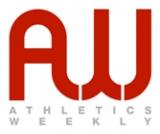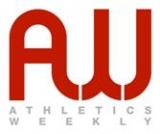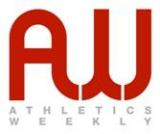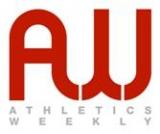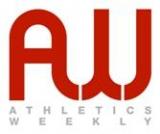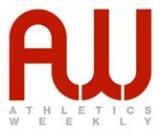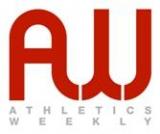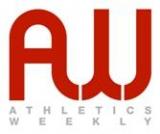Folders |
Dieting and athleticsPublished by
Thinking of dieting? Eleanor Jones says think twice and explains the ins and outs of the popular weight loss trendsI don’t think of myself or my clients as going on a diet”. Instead, I try to educate them about their goals, what foods or strategies may bring success and then try to help to implement them. What works for one athlete, may not be too great for the next. Ultimately, being consistent with your, ahem, diet, is the easiest way to achieve success, rather than trying to cheat! Intermittent fastingThis involves alternating days of normal” dietary intake with days of complete fasting. You can fast overnight (evening meal to evening meal) or during the day (breakfast to breakfast). An alternative is to use a 16:8 pattern where you put all your calories into an eight-hour block and fast for the other 16. This is usually a better approach for athletes to use as it ensures training sessions are adequately fuelled. PROS Can be good if you can t stick to a plan CONS Are you trying to compensate for poor dietary behaviours on your other days that isn t a healthy diet cycle Intermittent fasting has had a lot of attention on the BBC and in the press. It can help to reduce overall calorie intake, but it won t rectify any problems with your diet that you may already have. It can help manage body composition and, if used correctly, it can improve training adaptations. I find it really useful for clients who aren t in tune with their hunger feelings. It really teaches you self-control great if you re a compulsive snacker! Ketogenic dietsBy definition these are low in carbohydrate (<50g) and higher in fat. By depriving the body of carbohydrate as a fuel it is forced to use other sources, including ketones. These are produced when glycogen stores in the liver run out. PROS In a clinical setting it has some benefits for managing weight loss and type-2 diabetes CONS Clinical populations don t train! Carbohydrate intake is linked to performance in athletes and so this approach may not be ideal A low carbohydrate diet for athletes is receiving a lot of attention at the moment and the bottom line is that there is a lot of evidence for carbohydrate feeding when performance is important but not as much evidence for increased endurance performance on a low-carbohydrate diet. The exception may be for ultra-distance running events where fat becomes the predominant fuel used. If it fits your macrosThis is a type of diet where users select any food, as long as it remains within their macronutrient (protein, fat and carbohydrate) budget. In fact there s no difference between 50g of carbohydrate from rice or 50g of carbohydrate from Haribo. If you do stick to a plan and prioritise the quality of your foods then this plan should work. PROS Very flexible approach to your diet CONS Assumes you set accurate/realistic macronutrients in the first place ConclusionThere is no one diet that suits everyone all of the time. I would recommend you take advice, particularly if performance is a key outcome. Eleanor Jones is senior sport scientist at the University of Birmingham and a BASES-accredited sport scientist with an IOC diploma in sports nutrition The post Dieting and athletics appeared first on Athletics Weekly. Read the full article at: www.athleticsweekly.com
More news |
